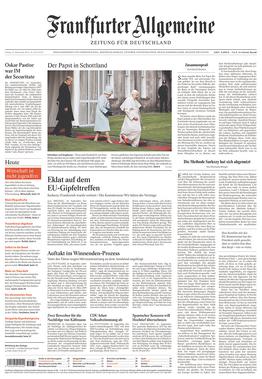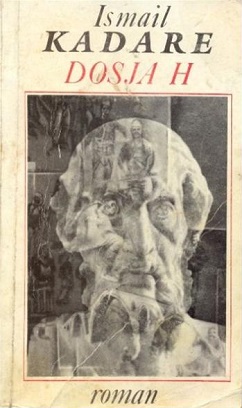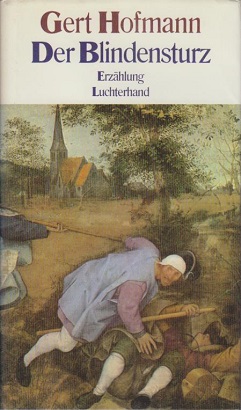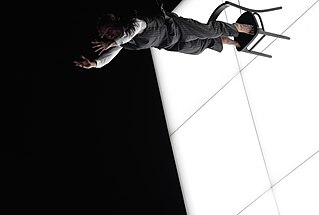
Albanian culture or the culture of Albanians is a term that embodies the artistic, culinary, literary, musical, political and social elements that are representative of ethnic Albanians, which implies not just Albanians of the country of Albania but also Albanians of Kosovo, North Macedonia and Montenegro, where ethnic Albanians are a native population. Albanian culture has been considerably shaped by the geography and history of Albania, Kosovo, parts of Montenegro, parts of North Macedonia, and parts of Northern Greece, traditional homeland of Albanians. It evolved since ancient times in the western Balkans, with its peculiar language, pagan beliefs and practices, way of life and traditions. Albanian culture has also been influenced by the Ancient Greeks, Romans, Byzantines and Ottomans.

Ismail Kadare was an Albanian novelist, poet, essayist, screenwriter, and playwright. He was a leading international literary figure and intellectual. He focused on poetry until the publication of his first novel, The General of the Dead Army, which made him famous internationally.

The Frankfurter Allgemeine Zeitung is a German newspaper founded in 1949. It is published daily in Frankfurt and is considered a newspaper of record for Germany. Its Sunday edition is the Frankfurter Allgemeine Sonntagszeitung.
Albanian literature stretches back to the Middle Ages and comprises those literary texts and works written in Albanian. It may also refer to literature written by Albanians in Albania, Kosovo and the Albanian diaspora particularly in Italy. Albanian occupies an independent branch within the Indo-European family and does not have any other closely related language. The origin of Albanian is not entirely known, but it may be a successor of the ancient Illyrian language.

The File on H. is a novel by the Albanian author Ismail Kadare. It was first published in Albanian in 1981 under the title Dosja H. Jusuf Vrioni translated the work to French in 1989 as Le Dossier H. David Bellos translated the French version into English in 1996. Both Kadare and Bellos have received praise in the English speaking world for the edition.
David Bellos is a British academic, translator and biographer. He is the Meredith Howland Pyne professor of French and comparative literature at Princeton University in the United States, and was director of its translation and intercultural communication programme from 2007 to 2019.

Karl Ernst Thomas de Maizière is a German politician of the Christian Democratic Union (CDU) who served as Federal Minister of the Interior from 2009 to 2011 and 2013 to 2018, as well as Federal Minister of Defence from 2011 to 2013. He previously served as Head of the Chancellery and Federal Minister for Special Affairs in the First Merkel cabinet from 2005 to 2009. Since 2009, he has been a member of the Bundestag for Meißen.

Der Blindensturz (1985), translated as The Parable of the Blind, is a short novel in ten chapters by German writer Gert Hofmann.

Navid Kermani is a German writer and orientalist. He is the author of several novels as well as books and essays on Islam, the Middle East and Christian-Muslim dialogue. He has won numerous prizes for his literary and academic work, including the Peace Prize of the German Publishers' Association on 18 June 2015.
Kasëm Trebeshina was an Albanian member of national resistance during World War II part of the National Liberation Movement, an actor, translator, communist prosecutor and writer. He was one of the founders of the notorious communist secret police Sigurimi.
The Theodor Wolff Prize is a German journalism prize. It has been awarded annually since 1962 in five categories, equal prizes of €6,000, by the Federal Association of German Newspaper Publishers. In addition, at irregular intervals, journalists are awarded the Theodor Wolff Prize for their life's work.

Jörg Baberowski is a German historian and Professor of Eastern European History at the Humboldt University of Berlin. He studies the history of the Soviet Union and Stalinist violence. Baberowski earlier served as Director of the Historical Institute and Dean of the Faculty of Philosophy I at the Humboldt University in Berlin.

David Hermann is a German-French stage director focused on opera. In 2006, Hermann was the youngest stage director at the Salzburg Festival, and he has directed operas at major opera houses in Europe.

Agamemnon's Daughter is a 2003 novella by the Albanian writer and inaugural International Man Booker Prize winner Ismail Kadare. It is the first part of a diptych of which the second and longer part is The Successor. It is considered by many critics to be one of the author's greatest works.

The Palace of Dreams is a 1981 novel by the Albanian writer Ismail Kadare. Set ostensibly in the Ottoman Empire, but in a deliberately imprecise past shaded by myth and intended to represent the modern totalitarian state, The Palace of Dreams follows the rapid rise of Mark-Alem, a young Ottoman Albanian related to the powerful Köprülü family, within the bureaucratic regime of the title palace, a shady ministry whose objective is to gather, examine and interpret the dreams of the empire's subjects in order to uncover the master-dreams, which are believed to show the future destiny of the Sultan and the state.

The Successor is a 2003 novel by the Albanian writer and inaugural International Man Booker Prize winner Ismail Kadare. It is the second part of a diptych of which the first part is the novella Agamemnon's Daughter. The diptych is ranked by many critics among the author's greatest works.

Joachim Blüher is a German art historian and cultural manager. Since 2002 he has been the director of the German Academy Villa Massimo in Rome.

Der Mieter is an opera after the novel The Tenant by Roland Topor, with music by Arnulf Herrmann composed in 2012 to 2017. The libretto was written by Händl Klaus. Commissioned by the Oper Frankfurt, the opera was first performed there on 12 November 2017, directed by Johannes Erath and conducted by Kazushi Ōno.

A Man in Love is a 2008 novel by the German writer Martin Walser.
The following is a list of the publications of Albanian writer Ismail Kadare (1936–2024).















